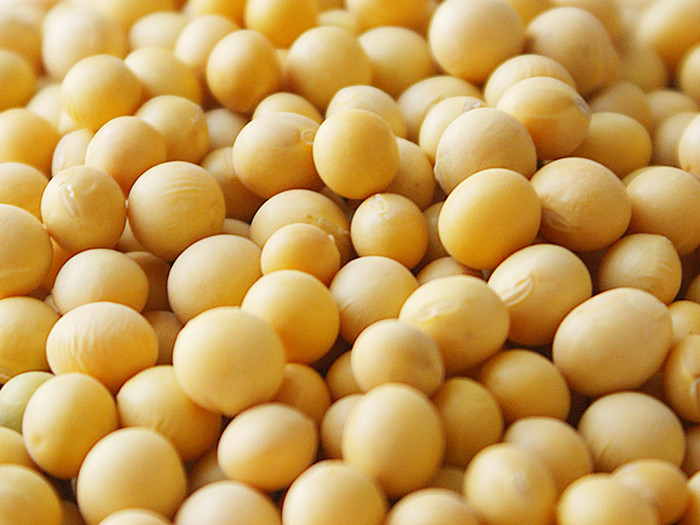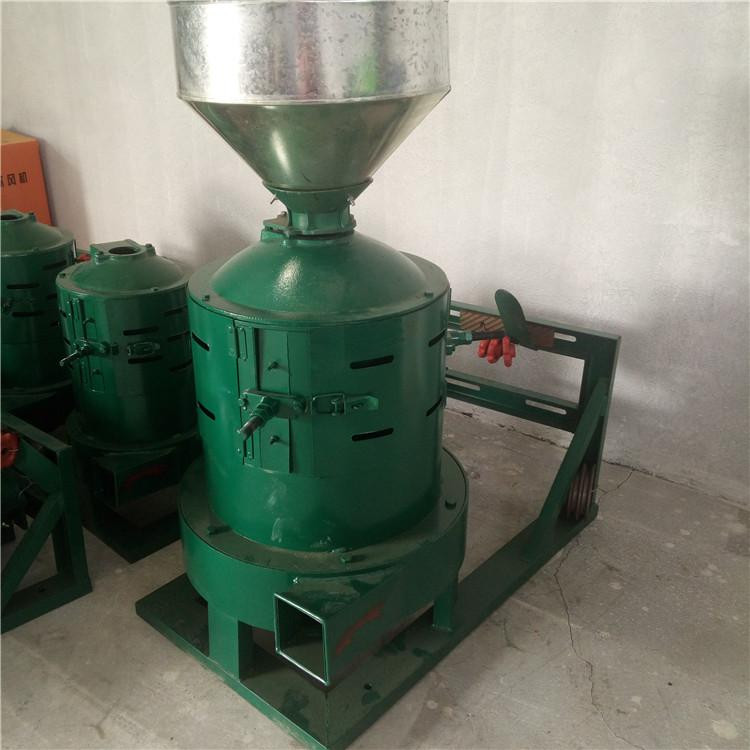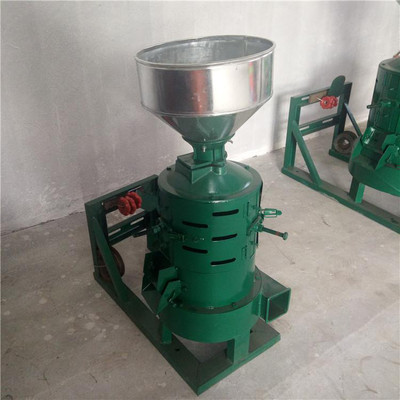- 86-05331-85064683|
- Request a quote
See More

Microwave drying equipment:
Electromagnetic radiation drying is to use the electromagnetic induction or infrared radiation effect of microwave to heat and dry materials. Different from other external heating drying methods, this drying method is a method of uniform heating from both outside and inside of the material. Therefore, this drying method has a short time, does not deteriorate or coke due to overheating, and its drying products are of good quality, especially the drying effect of heat-sensitive food is more satisfactory.
The microwave drying system is mainly composed of microwave generator, power supply, waveguide device, heater, cooling system, transmission system and control system.The microwave tubes used for heating and drying are mainly klystrons and magnetrons. Klystron is often used in high frequency or high power applications. Microwave generated by microwave tube is transmitted to heater through waveguide device. The heaters are mainly box type, plate type and waveguide type.

Heating Principle of Mung Beans Decorticating And Separating Microwave Drying Equipment:
Microwave refers to electromagnetic waves with frequencies ranging from 300 MHz to 300 MHz. The water molecule in the heated medium material is a polar molecule. Under the fast changing high frequency electromagnetic field, its polar orientation will change with the change of external electric field, resulting in the movement of molecules and mutual friction effect. At this time, the field energy of microwave field can be transformed into heat energy in the medium, which makes the material temperature rise, and produces a series of physical and chemical processes, such as heating and expansion, to achieve the purpose of microwave heating and drying.

Characteristics of microwave heating:
(1) Penetrating heating with fast heating speed. The penetration distance is theoretically the same order of magnitude as the wavelength of electromagnetic wave. Microwave heating is to make the heated object itself become a heating object. It is called the whole heating mode. It does not need the process of heat conduction, so it can be heated in a short time. When heated by microwave, the parts of the object, regardless of their shape, can usually penetrate the electromagnetic wave evenly to generate heat, which greatly improves the inefficiency of medium material heating. (2) Heating uniformly. When heated by microwave, all parts of an object, regardless of their shape, can usually penetrate microwave uniformly to generate heat. Therefore, the uniformity is greatly improved. It can avoid the phenomena of endogenous coke, dry coke and wet coke, and improve the quality of food products, which is conducive to the formation of the quality of food materials. (3) Low temperature and short time sterilization. Microwave heating sterilization is a combination of thermal effect and non-thermal effect (biological effect). Compared with conventional thermal sterilization, microwave heating sterilization has the characteristics of low temperature and short time sterilization. Not only is it safe and safe, but also it can keep the nutritional components of food from being lost and destroyed. It is beneficial to maintain the original quality of the product, and less loss of color, aroma, taste and nutrients. It is also very beneficial to the maintenance of vitamin C and amino acids. Experiments show that the nutrient contents of chlorophyll and vitamin are only 3% in dried fresh vegetables, 17% in shade, 40% in hot air drying, 60%-90% in microwave drying and 97% in microwave sublimation drying. (4) Microwave puffing. Utilizing the internal heating characteristics of microwave, the material's interior is heated rapidly to produce a large amount of steam, which rushes out to form numerous micro-channels, thus expanding and loosening the material's structure.
See the news list>>